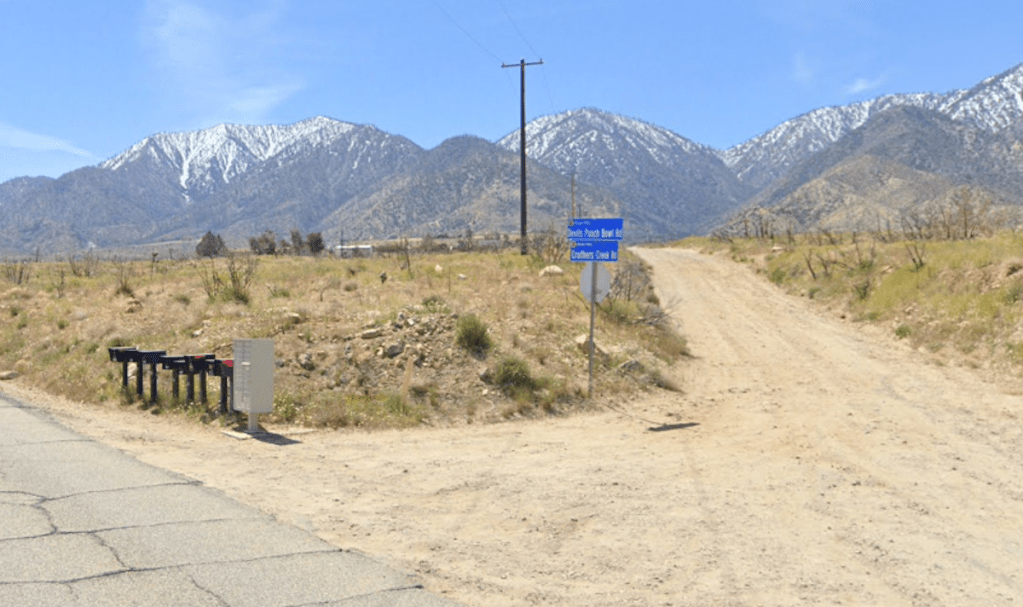
Over the objections of neighbors and Los Angeles County’s top prosecutor, Christopher Hubbart — “the Pillowcase Rapist” — will be released to live in a home in Southern California’s Juniper Hills community.
A ruling Monday, Oct. 7, by Los Angeles County Superior Court Judge Robert Harrison approved Hubbart’s long-contested placement.
Hubbart, 74, has been in and out of custody for more than 50 years because of a series of rapes and other sex crimes, including attacks in Santa Clara County.
Because his last conviction was in Santa Clara County, decisions on his release are made in that jurisdiction — but his residence for legal matters is considered to be Los Angeles County, so he must be found a home there.
In March, a Santa Clara County judge granted Hubbart conditional release after his most recent stint in the state hospital in Coalinga. It was determined that he would be placed in Juniper Hills, a high desert community about 15 miles southeast of Palmdale.
Among those who have opposed the plan is Los Angeles County District Attorney George Gascón. “Continuing to release sexually violent predators into underserved communities like the Antelope Valley is both irresponsible and unjust,” he said.
The home designated for Hubbart is in a cluster of about 15 residences near the north foothills of the San Gabriel Mountains.
Timeline of the Hubbart case:
1972: Hubbart begins a string of sexual assaults of women in homes in the Los Angeles area. He is thought to have committed at least two dozen such crimes before his arrest.
1973: First conviction; sent to state hospital in Atascadro.
1979: He is released, and commits attacks in San Francisco and Sunnyvale.
1982: Hubbart is again sent to the state hospital in Atascadero.
1990: Paroled from Atascadero, he attacks a female jogger in the Bay Area and is returned to the state hospital.
1993: Again paroled; released to Claremont, in Los Angeles County. Within a matter of months, he is recommitted after he reports an urge to rape again.
2000: Under the Sexually Violent Predators Act — for which his case had been a major impetus — Hubbart was committed to the state mental hospital in Coalinga for an indefinite period, though he had served his sentence.
2013: Doctors at the hospital say Hubbart is fit to be released, and a Santa Clara County judge determines he should live near where he was raised in northern Los Angeles County.
July 2014: Hubbart is released to the community of Lake Los Angeles.
Early 2015: After he twice violates conditions of parole by allowing the battery in his ankle monitor to run low, Hubbart’s case goes back before a Santa Clara County judge. That judge decides not to revoke his release.
August 2016: Hubbart is again accused of violating parole conditions. This time his release is revoked, and in 2017 he is returned to the Coalinga hospital.
2023: The Santa Clara County Superior Court approves Hubbart’s conditional release to a site to be determined in Los Angeles County.

















































